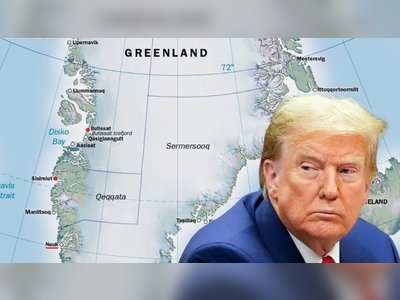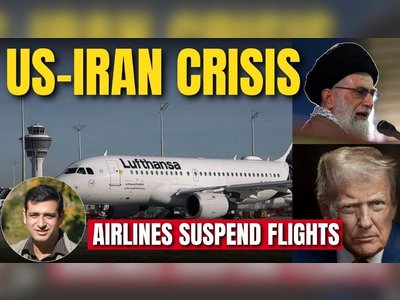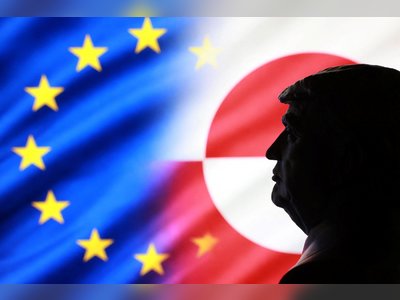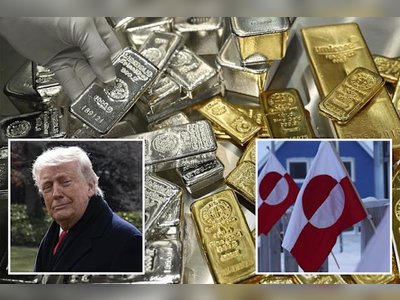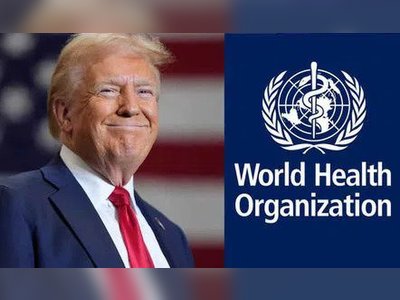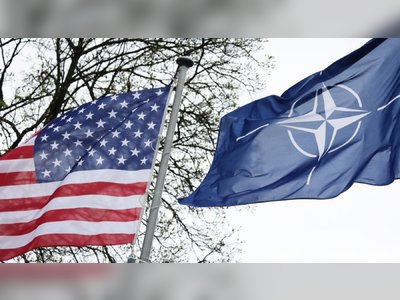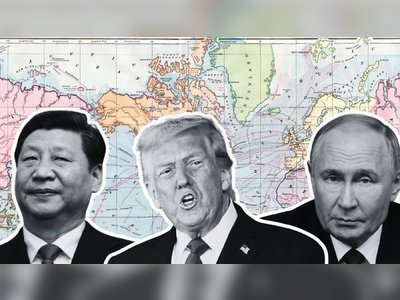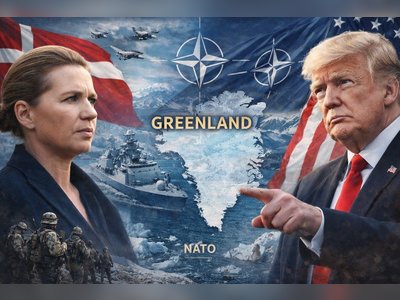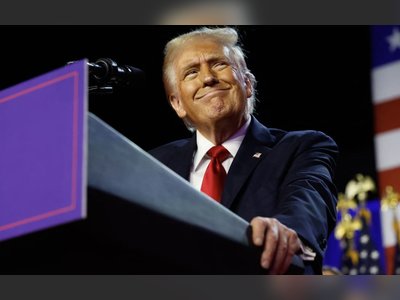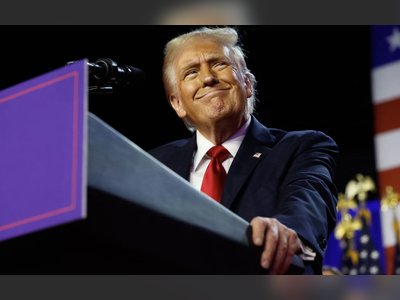
Speculation Surrounds Future Papacy Amidst Pope Francis's Health Concerns
The ongoing health issues of Pope Francis reignite discussions regarding potential successors and the evolving landscape of the Catholic Church's leadership.
Amid ongoing health challenges faced by Pope Francis, speculation regarding his potential successors is resurfacing within the Vatican.
The pontiff, who has been candid about his health struggles, has recently been hospitalized, prompting discussions about the future leadership of the Catholic Church and the dynamics of the next conclave.
Pope Francis's health has long been a topic of interest, particularly as he navigates complex engagements within the Church.
His recent hospitalization has intensified dialogue concerning the so-called 'Post-Francis' era and the factions that may emerge in a future conclave.
This comes in light of the recent December consistory, where the Pope appointed 21 new cardinals, 20 of whom are under 80 and thus eligible to participate in a conclave.
Currently, the College of Cardinals consists of 253 members, with 140 eligible voters for a future conclave.
Of the cardinals appointed by Pope Francis, 149 are living, with 110 of them within voting age.
Despite this apparent majority, complexities arise in defining a cohesive 'Bergoglian bloc' among these cardinals, as many do not share a uniform outlook or geographic familiarity, reflecting Pope Francis’s intent to create a less Eurocentric Church.
Within the new cardinal appointments, there exists a diverse array of perspectives, ranging from ultra-progressives advocating for significant changes, such as Archbishop Jean-Claude Hollerich of Luxembourg, who has called for radical updates to the Church's teachings on homosexuality, to more conservative factions embodied by figures like Cardinal Gerhard Ludwig Müller, who has increasingly opposed the current papal direction.
Notably, many American bishops are cautious about confronting political issues, especially given recent tensions surrounding migration and public stances from political leaders, complicating the Church's position in the U.S.
There has also been growing discourse around the possibility of a non-European pope, particularly an African candidate.
Archbishop Fridolin Ambongo Besungu of Kinshasa is frequently mentioned due to his prominent advocacy on social issues within Africa and his dissent against certain Vatican documents, indicating a shift towards more diverse leadership within the Church.
As Pope Francis continues to address his health challenges, attention remains focused on both his legacy and the future direction of the Catholic Church amid these evolving discussions.
The pontiff, who has been candid about his health struggles, has recently been hospitalized, prompting discussions about the future leadership of the Catholic Church and the dynamics of the next conclave.
Pope Francis's health has long been a topic of interest, particularly as he navigates complex engagements within the Church.
His recent hospitalization has intensified dialogue concerning the so-called 'Post-Francis' era and the factions that may emerge in a future conclave.
This comes in light of the recent December consistory, where the Pope appointed 21 new cardinals, 20 of whom are under 80 and thus eligible to participate in a conclave.
Currently, the College of Cardinals consists of 253 members, with 140 eligible voters for a future conclave.
Of the cardinals appointed by Pope Francis, 149 are living, with 110 of them within voting age.
Despite this apparent majority, complexities arise in defining a cohesive 'Bergoglian bloc' among these cardinals, as many do not share a uniform outlook or geographic familiarity, reflecting Pope Francis’s intent to create a less Eurocentric Church.
Within the new cardinal appointments, there exists a diverse array of perspectives, ranging from ultra-progressives advocating for significant changes, such as Archbishop Jean-Claude Hollerich of Luxembourg, who has called for radical updates to the Church's teachings on homosexuality, to more conservative factions embodied by figures like Cardinal Gerhard Ludwig Müller, who has increasingly opposed the current papal direction.
Notably, many American bishops are cautious about confronting political issues, especially given recent tensions surrounding migration and public stances from political leaders, complicating the Church's position in the U.S.
There has also been growing discourse around the possibility of a non-European pope, particularly an African candidate.
Archbishop Fridolin Ambongo Besungu of Kinshasa is frequently mentioned due to his prominent advocacy on social issues within Africa and his dissent against certain Vatican documents, indicating a shift towards more diverse leadership within the Church.
As Pope Francis continues to address his health challenges, attention remains focused on both his legacy and the future direction of the Catholic Church amid these evolving discussions.
Translation:
Translated by AI
AI Disclaimer: An advanced artificial intelligence (AI) system generated the content of this page on its own. This innovative technology conducts extensive research from a variety of reliable sources, performs rigorous fact-checking and verification, cleans up and balances biased or manipulated content, and presents a minimal factual summary that is just enough yet essential for you to function as an informed and educated citizen. Please keep in mind, however, that this system is an evolving technology, and as a result, the article may contain accidental inaccuracies or errors. We urge you to help us improve our site by reporting any inaccuracies you find using the "Contact Us" link at the bottom of this page. Your helpful feedback helps us improve our system and deliver more precise content. When you find an article of interest here, please look for the full and extensive coverage of this topic in traditional news sources, as they are written by professional journalists that we try to support, not replace. We appreciate your understanding and assistance.
